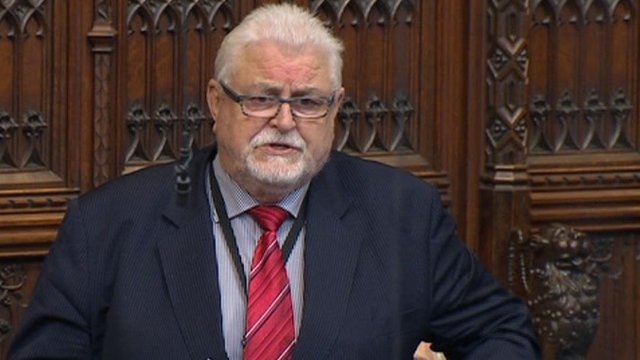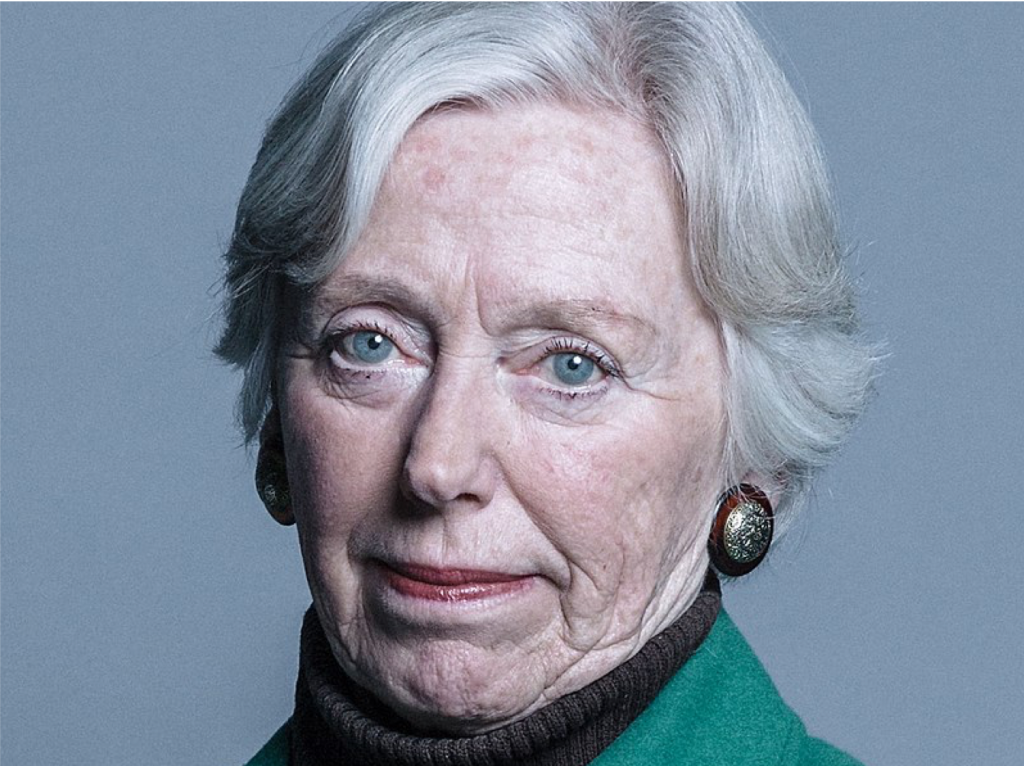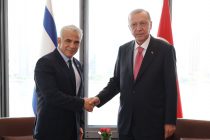A member of the House of Lords has received a negative response to her question on whether the terms of the new free trade agreement between the United Kingdom and Turkey, signed after the UK’s exit from the European Union, will also apply to the Turkish Republic of Northern Cyprus (TRNC).
Baroness Hooper (pictured above) had tabled a question to the British government on “whether any aspects of their free trade agreement with the government of Turkey could (1) apply to, or (2) include, the Turkish Republic of Northern Cyprus.”
The Conservative peer was informed by Lord Grimstone of Boscobel, The Minister of State for the Department for International Trade, that the TRNC was not included in the agreement.
Lord Grimstone’s written response, given on 4 February, explained the reason for the TRNC’s exclusion was because the territory was not formally a part of Turkey:
“The Territorial Application Clause of the United Kingdom-Turkey Agreement states that it will apply to their land territory, internal waters, territorial sea and airspace; and the maritime areas over which Turkey has sovereign rights or jurisdiction for the purposes of exploration, exploitation and preservation of natural resources, pursuant to international law.”
Lord Grimstone also added that the UK “does not recognise the self-declared ‘Turkish Republic of Northern Cyprus’.”
A lawyer by profession, Baroness Gloria Hooper is a member of the All-Party Parliamentary Group (APPG) for the TRNC, which includes MPs and peers from across the British political spectrum.
The TRNC APPG works closely with the TRNC London Representative Office to raise awareness of issues facing North Cyprus, and to build better ties between the British and Turkish Cypriot authorities.
Baroness Hooper’s question about the TRNC is the latest by a British parliamentarian to the UK government that exposes the inconsistencies in British foreign policy towards North Cyprus, and missed opportunities to end Turkish Cypriot international isolation, which the UK pledged to do in 2004.
Question exposes inconsistent UK foreign policy on TRNC and Taiwan
In November of last year, a question from Lord Maginnis about the government’s policies towards the TRNC and Taiwan – both internationally unrecognised territories – highlighted serious discrepancies in the UK’s approach.

Lord Maginnis asked what assessment the UK government had made “of any difference between their policies towards recognising (1) the Turkish Republic of Northern Cyprus, and (2) Taiwan; what are the reasons for any such differences; and what plans they have to treat both territories equally.”
The response from Baroness Sugg on behalf of the Foreign Office, stated that “Taiwan and the northern part of Cyprus are two very different political realities. Her Majesty’s Government’s position is informed by the particular context of each situation.”
Baroness Sugg went on to explain that, “The UK recognises only one Cypriot state – the Republic of Cyprus – and only one government as the sole legitimate government.”
As the Republic of Cyprus is solely Greek Cypriot run, the UK’s policy condemns Turkish Cypriots to continued isolation.
Baroness Suggs claims the way to overcome this is through “a comprehensive settlement to end the division of Cyprus”.
Yet the UK does not follow this approach for Taiwan, as made clear in Baroness Sugg’s written response to Lord Maginnis:
“[The UK has] no diplomatic relations with Taiwan but a strong, unofficial relationship, based on dynamic commercial, educational and cultural ties. We regularly lobby in favour of Taiwan’s participation in international organisations where statehood is not a prerequisite.”
Main image, top, an official portrait of Baroness Hooper, cropped. Photo © Chris McAndrew, Wikipedia/CC By 3.0





